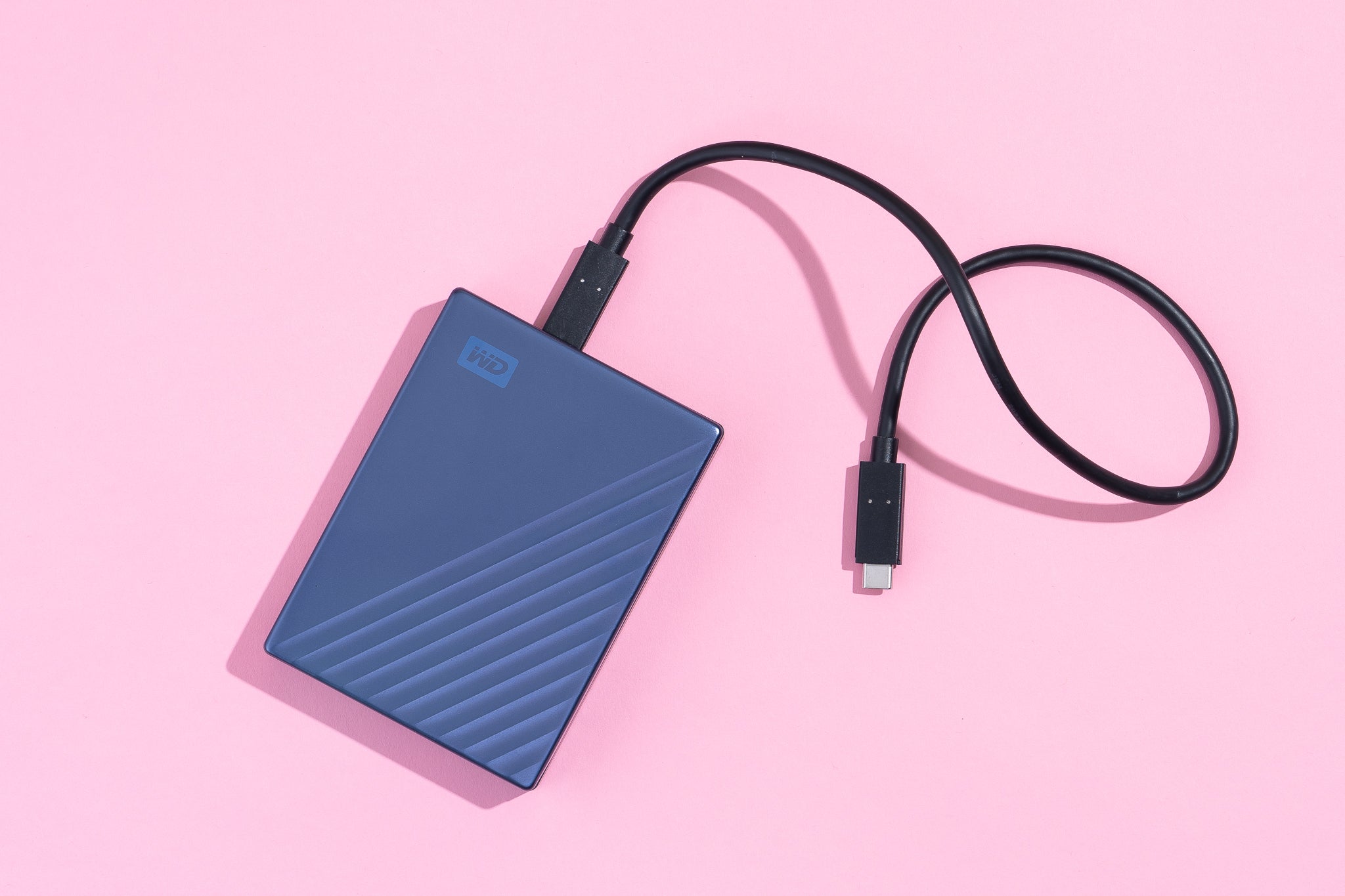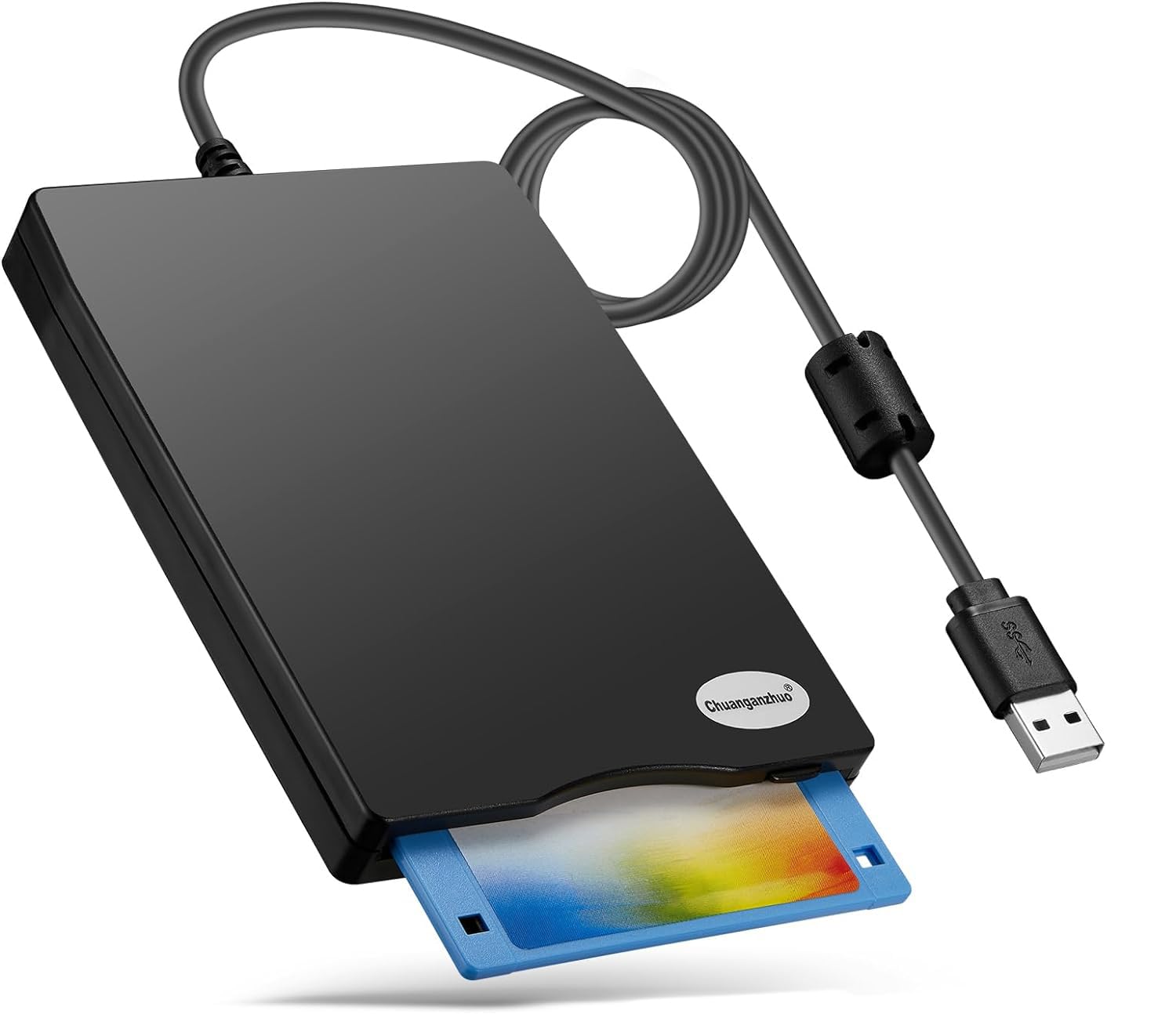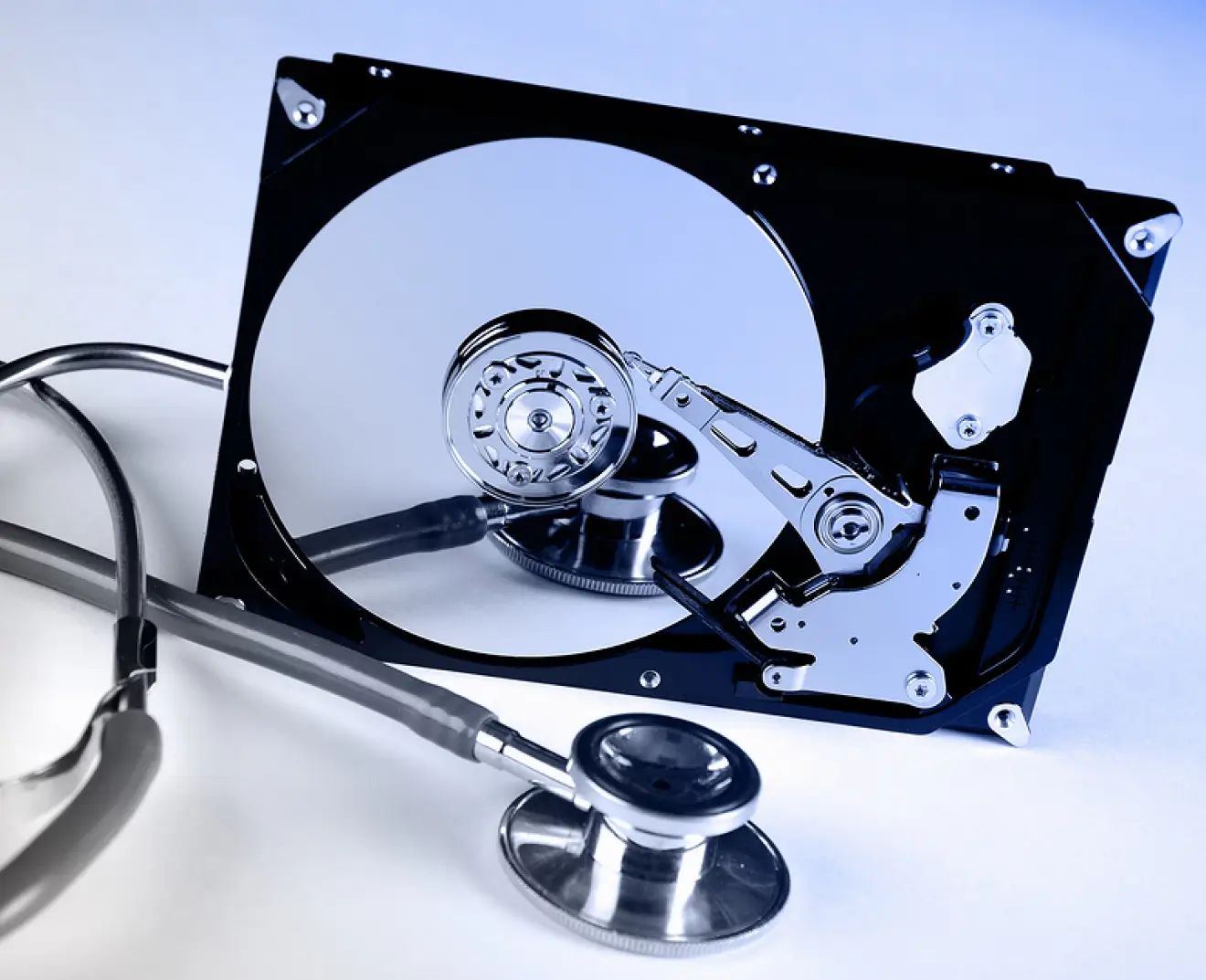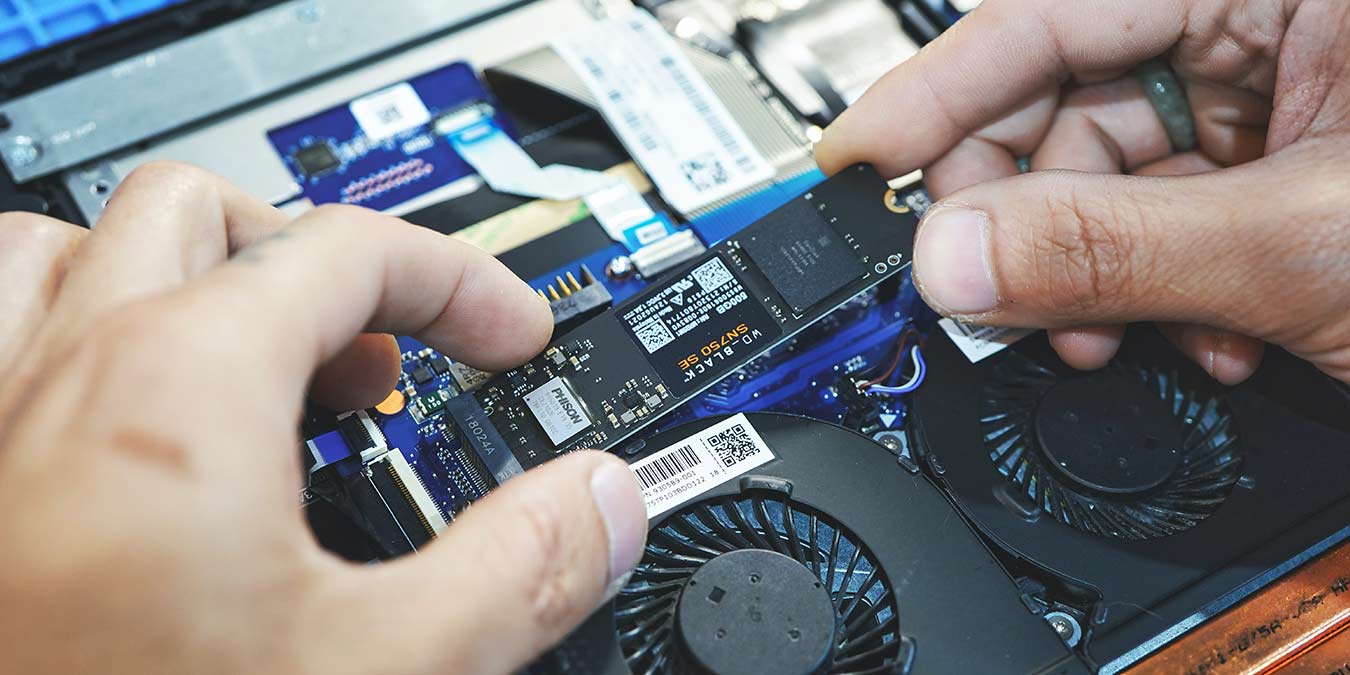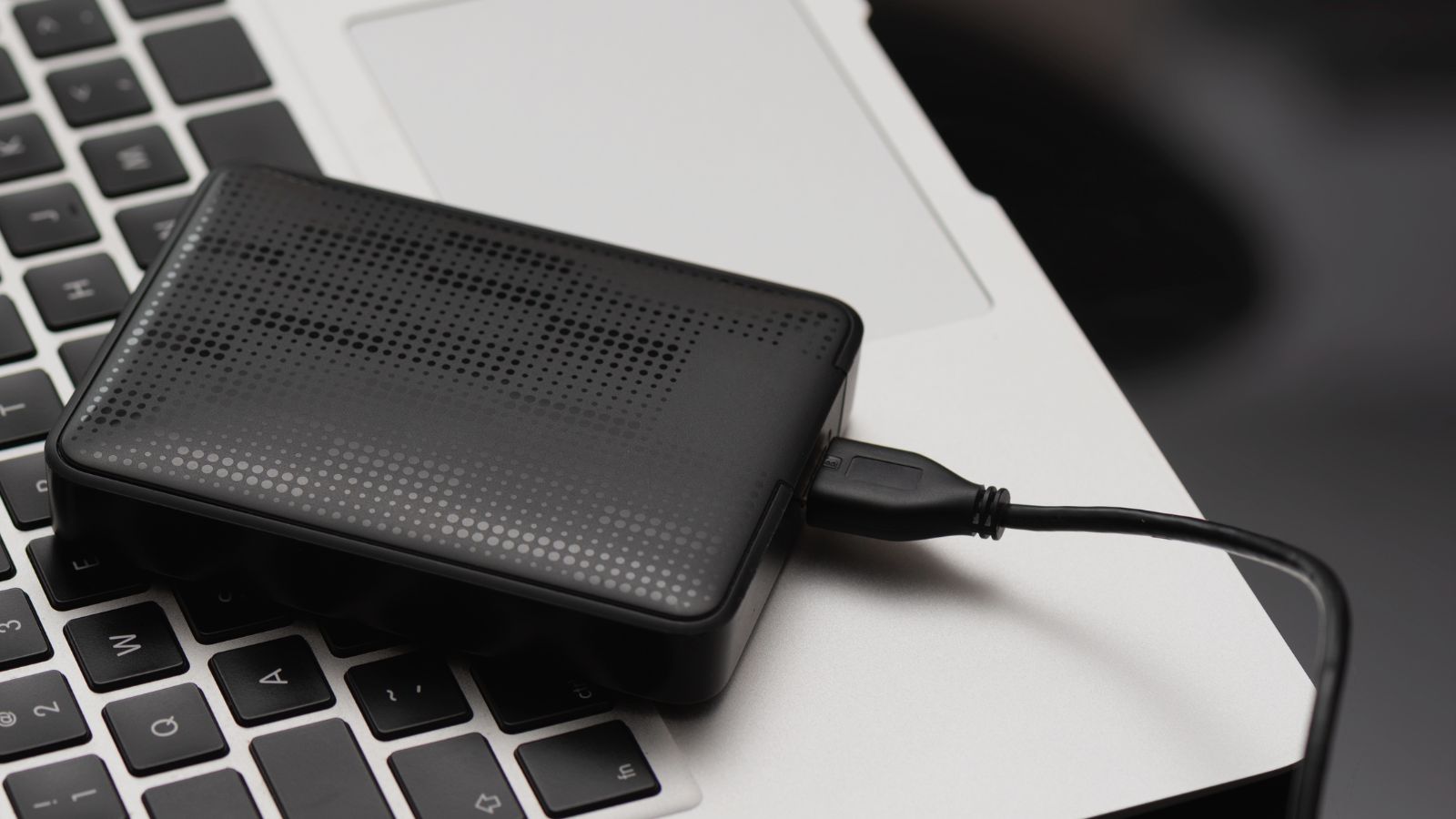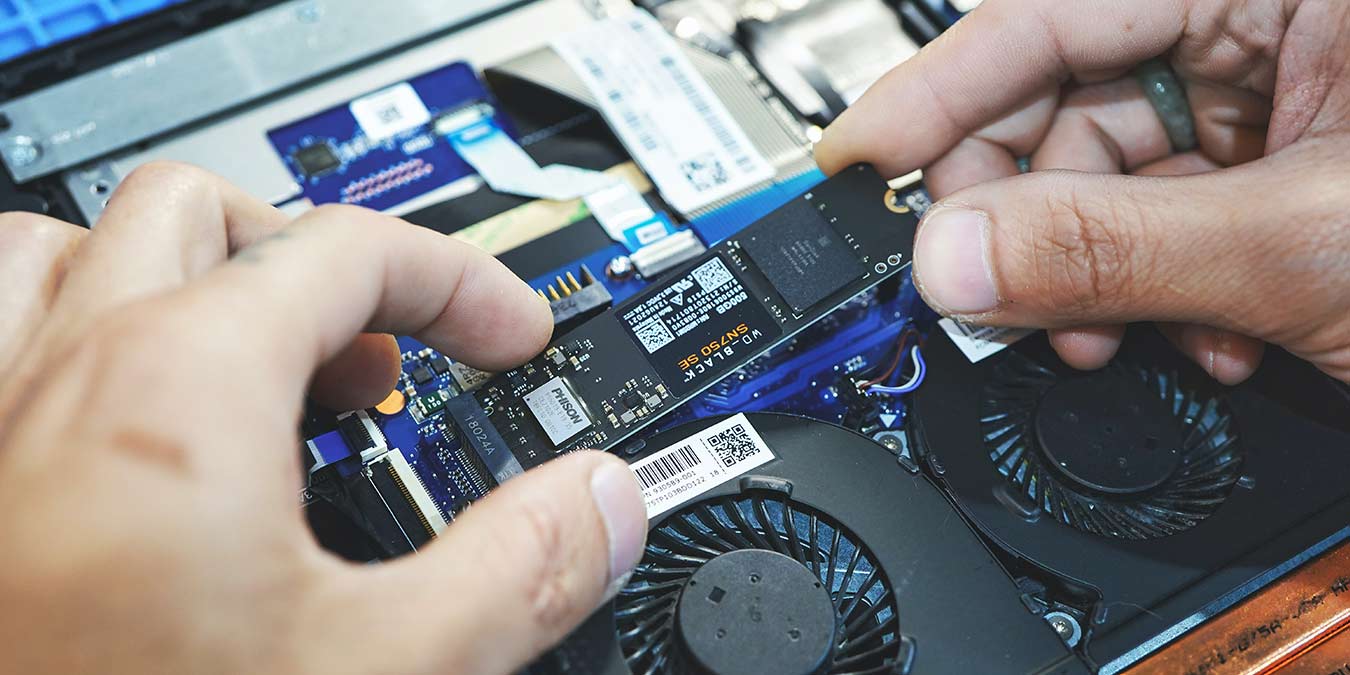Introduction
A hard disk drive (HDD) is an essential component of any computer system, responsible for storing and retrieving digital data. Over the years, advancements in technology have led to the development of smart hard disk drives, which offer enhanced functionality and performance compared to traditional HDDs.
So, what exactly is a smart hard disk drive? In simple terms, a smart HDD is equipped with built-in monitoring and diagnostic capabilities that allow it to track its own health and warn users of potential issues. This advanced technology enables users to proactively maintain and manage their hard disk drives, reducing the risk of data loss and system failures.
Smart hard disk drives utilize a combination of hardware and software features to monitor various parameters, such as temperature, read/write error rates, and reallocated sectors. These parameters provide valuable insights into the overall health and reliability of the hard disk drive.
With the increasing reliance on digital data, the importance of having a reliable and efficient storage solution cannot be overstated. This is where smart hard disk drives shine, offering several benefits over their traditional counterparts.
In this article, we will explore the intricacies of smart hard disk drives, discuss how they work, and highlight the numerous advantages they offer to users. Furthermore, we will also provide insights into monitoring the health of smart HDDs and touch upon common issues that may arise with them.
What is a Smart Hard Disk Drive?
A smart hard disk drive (HDD) is an advanced storage device that goes beyond the basic functions of a traditional HDD. It incorporates intelligent technology to monitor and analyze its own performance and health. Unlike regular HDDs, which are typically passive and reliant on user intervention, a smart HDD is designed to actively monitor various parameters and provide valuable insights into its condition.
The smart features of a hard disk drive are made possible through the implementation of Self-Monitoring, Analysis, and Reporting Technology (S.M.A.R.T). S.M.A.R.T is a system built into the drive’s firmware that continuously collects data about the drive’s performance and tracks various attributes related to its reliability.
By constantly monitoring these attributes, a smart HDD can detect potential issues before they lead to catastrophic failures. Some of the parameters monitored by a smart HDD include read and write error rates, reallocated sectors, spin-up time, and temperature. These parameters provide valuable indicators of the drive’s health and can help users take proactive measures to prevent data loss.
In addition to real-time monitoring, a smart HDD also maintains a comprehensive log of important events and errors. This log can be accessed by diagnostic tools to provide a detailed overview of the drive’s history, making it easier to pinpoint the cause of any issues that arise.
Furthermore, smart HDDs often include built-in predictive failure analysis. Using complex algorithms and historical data, the drive can predict the likelihood of a failure in the near future. This allows users to take appropriate actions such as backing up critical data or replacing the drive before it fails.
Overall, the integration of smart technology into hard disk drives revolutionizes the way we manage and maintain our data storage devices. By actively monitoring their own performance and health, smart HDDs offer increased reliability and reduce the risk of unexpected failures. This makes them an ideal choice for both personal and professional use, ensuring that our valuable data remains safe and accessible.
How does a Smart Hard Disk Drive Work?
Smart hard disk drives (HDDs) utilize a combination of hardware and software components to provide users with advanced monitoring and diagnostic capabilities. The primary technology responsible for this functionality is Self-Monitoring, Analysis, and Reporting Technology (S.M.A.R.T).
At the hardware level, smart HDDs are equipped with sensors that measure various parameters related to the drive’s performance and health. These sensors can monitor factors such as temperature, read/write error rates, power-on hours, and reallocated sectors. The data collected by these sensors is then processed by the drive’s firmware.
The firmware acts as the brain of the smart HDD, responsible for collecting, analyzing, and reporting the data gathered by the sensors. It continuously monitors the drive’s attributes and compares them to predefined thresholds. If any attribute exceeds the threshold, the firmware triggers an alert or warning, indicating a potential problem.
In addition to real-time monitoring, the firmware also maintains a comprehensive log of events and errors. This log contains detailed information about any errors, anomalies, or significant activities that occur on the drive. This log is crucial for diagnostic purposes, as it helps technicians analyze the drive’s history and pinpoint the cause of any issues.
Smart HDDs also support communication protocols such as the Advanced Host Controller Interface (AHCI) or Serial ATA (SATA) to allow communication between the drive and the computer system. This enables the firmware to communicate with the computer’s operating system and alert the user of any potential issues.
Users can access the information and status of a smart HDD using specialized software provided by the drive’s manufacturer or third-party diagnostic tools. These tools provide detailed reports on the drive’s health, temperature, error rates, and other vital information. They also allow users to perform diagnostic tests, such as scanning for bad sectors or performing self-tests, to further assess the drive’s condition.
By combining hardware sensors, firmware intelligence, and communication protocols, smart hard disk drives offer users comprehensive insight into the health and performance of their storage devices. This proactive approach to monitoring and diagnostics allows users to take timely actions to prevent data loss and system failures, making smart HDDs an indispensable component of modern computer systems.
Benefits of a Smart Hard Disk Drive
Smart hard disk drives (HDDs) offer several notable benefits over traditional HDDs, making them a preferred choice for individuals and businesses alike. Let’s explore some of the key advantages of using a smart HDD:
1. Early Warning System: One of the significant advantages of smart HDDs is their ability to provide early warnings of potential issues. By continuously monitoring various parameters such as temperature, error rates, and reallocated sectors, a smart HDD can detect signs of impending failure. This allows users to take proactive measures such as backing up critical data or replacing the drive before it fails completely.
2. Enhanced Data Reliability: The self-monitoring and analysis capabilities of a smart HDD contribute to enhanced data reliability. By detecting and repairing errors in real-time, smart HDDs help prevent data corruption and loss. This is particularly crucial for businesses or individuals dealing with valuable or irreplaceable data.
3. Improved Performance: Smart HDDs optimize performance by actively monitoring and managing various aspects of drive operation. They can automatically adjust settings, such as read and write speeds, to maintain optimal performance levels. This results in faster data transfer rates, reduced latency, and improved overall system performance.
4. Simplified Maintenance: With smart HDDs, maintenance becomes simpler and more efficient. By providing comprehensive information about the drive’s health, temperature, and error rates, users can prioritize maintenance tasks and allocate resources accordingly. This eliminates the need for manual inspections and guesswork, saving time and effort.
5. Data Recovery Assistance: In the unfortunate event of drive failure, smart HDDs can assist in data recovery. The detailed event and error logs maintained by the drive’s firmware can be invaluable in diagnosing the cause of failure and recovering data from the damaged drive.
6. Long-Term Cost Savings: While smart HDDs may have a slightly higher initial cost compared to traditional HDDs, they offer long-term cost savings. By providing early warnings and preventing unexpected drive failures, smart HDDs help avoid costly data recovery services and minimize downtime, leading to greater cost-efficiency in the long run.
Overall, the benefits of using a smart hard disk drive are substantial. From early warnings and enhanced data reliability to improved performance and simplified maintenance, smart HDDs offer peace of mind, improved productivity, and cost savings for both individuals and businesses.
How to Monitor the Health of a Smart Hard Disk Drive
Monitoring the health of a smart hard disk drive (HDD) is crucial in ensuring its optimal performance and preventing potential data loss. Fortunately, there are several methods available to monitor the health of a smart HDD:
1. S.M.A.R.T Monitoring Tools: Most smart HDDs come with built-in Self-Monitoring, Analysis, and Reporting Technology (S.M.A.R.T) capabilities. Users can access the S.M.A.R.T data using specialized diagnostic tools provided by the drive manufacturer or third-party software. These tools provide detailed information about various attributes of the drive, such as temperature, error rates, and reallocated sectors.
2. Diagnostic Software: Many hard drive manufacturers offer dedicated diagnostic software that allows users to monitor and manage the health of their smart HDDs. These software packages often come with user-friendly interfaces, real-time monitoring capabilities, and the ability to perform diagnostic tests on the drive. They provide users with a comprehensive overview of the drive’s status and give early warnings of potential issues.
3. Operating System Utilities: Some operating systems have built-in utilities that can monitor the health of smart HDDs. For example, Windows has the “Event Viewer” that can provide information about specific events and errors related to the hard disk drive. Additionally, the operating system may display notifications or alerts if any critical issues are detected with the drive.
4. SMART Monitoring Apps: There are a variety of third-party applications available that specifically focus on monitoring the health of smart HDDs. These apps often provide additional features such as customizable alerts, detailed reports, and the ability to track multiple drives simultaneously. Users can install these apps on their computer and receive real-time updates about the status of their smart HDDs.
5. Regular Check-ups: It is recommended to perform regular check-ups on the smart HDD to ensure its ongoing health. This can include scanning for bad sectors, performing self-tests, and cleaning the drive to remove any accumulated dust or debris. Regular check-ups help maintain the drive’s performance and detect any potential issues at an early stage.
By utilizing these monitoring methods, users can effectively keep track of the health of their smart HDDs and take timely action if any issues arise. Regular monitoring ensures the drive remains in optimal condition, minimizes the risk of data loss, and extends the lifespan of the hard disk drive.
Common Issues with Smart Hard Disk Drives
While smart hard disk drives (HDDs) offer advanced monitoring and diagnostic capabilities, they are not immune to certain common issues that users may encounter. Understanding these issues can help users be better prepared and take appropriate actions when necessary. Let’s explore some of the common problems associated with smart HDDs:
1. Bad Sectors: Bad sectors are areas on the hard disk drive that are damaged or cannot be read or written properly. These can occur over time due to various factors, such as physical damage, aging, or manufacturing defects. Bad sectors can lead to data loss or system instability. Monitoring the S.M.A.R.T data can help identify and address bad sectors before they cause significant problems.
2. Overheating: Overheating is a common issue that affects both traditional and smart HDDs. Excessive heat can cause performance degradation, data corruption, and even drive failure. Smart HDDs monitor temperature levels and provide warnings if the temperature exceeds safe thresholds. It’s important to ensure proper ventilation and cooling in the computer system to prevent overheating.
3. Power Surges or Electrical Issues: Power surges and electrical issues can be detrimental to the health of a smart HDD. These can occur due to power fluctuations, lightning strikes, or faulty power supplies. It is advisable to use surge protectors or uninterruptible power supplies (UPS) to protect the HDD from such incidents.
4. Firmware or Software Compatibility: Sometimes, firmware or software compatibility issues can arise with smart HDDs. This can result in unrecognized drives, performance issues, or conflicts with other hardware or software components. Keeping firmware and drivers up to date and ensuring compatibility with the operating system and other hardware can help mitigate these problems.
5. Mechanical Failures: Despite the advanced technology, mechanical failures can still occur in smart HDDs. This can include issues such as motor failures, head crashes, or spindle malfunction. These failures can result from wear and tear, physical shocks, or manufacturing defects. Regular monitoring and prompt action in case of any unusual noises or performance issues can help address these problems early on.
6. Data Corruption: Smart HDDs, like any storage device, are susceptible to data corruption. Factors such as power outages, improper shutdowns, or software errors can lead to data loss or file system corruption. Regular backups and maintaining redundant copies of critical data can help mitigate the risk of permanent data loss.
By being aware of these common issues, users can be proactive in monitoring and addressing them. Regularly checking S.M.A.R.T data, performing necessary maintenance tasks, and taking timely action in response to alerts or warnings can help ensure the smooth operation and longevity of smart HDDs.
Conclusion
Smart hard disk drives (HDDs) have revolutionized the way we manage and maintain our data storage devices. With their advanced monitoring and diagnostic capabilities, smart HDDs provide users with valuable insights into the health and performance of their drives.
By actively monitoring various parameters, such as temperature, error rates, and reallocated sectors, smart HDDs can detect potential issues before they lead to catastrophic failures. This proactive approach allows users to take timely action, such as data backup or drive replacement, reducing the risk of data loss and system downtime.
Furthermore, smart HDDs offer several benefits over traditional HDDs. They provide an early warning system, enhanced data reliability, improved performance, simplified maintenance, data recovery assistance, and long-term cost savings. These advantages make smart HDDs an ideal choice for both personal and professional use, ensuring the safety and accessibility of valuable data.
Monitoring the health of a smart HDD is crucial in maintaining its optimal performance. Various methods, including S.M.A.R.T monitoring tools, diagnostic software, built-in utilities, and dedicated monitoring apps, offer users easy access to the drive’s status, temperature, and error rates. Regular check-ups, including scanning for bad sectors and performing diagnostic tests, help ensure ongoing health and reliability.
Despite the advanced technology, smart HDDs are not immune to common issues such as bad sectors, overheating, power surges, firmware or software compatibility, mechanical failures, and data corruption. Being aware of these issues empowers users to take appropriate actions and mitigate any potential problems.
In conclusion, smart hard disk drives provide an invaluable tool for maintaining and managing our data storage devices. With their self-monitoring and analysis capabilities, they offer peace of mind, improved productivity, and cost savings. By proactively monitoring the health of smart HDDs and promptly addressing any issues, users can ensure the longevity and optimal performance of their valuable storage devices.









